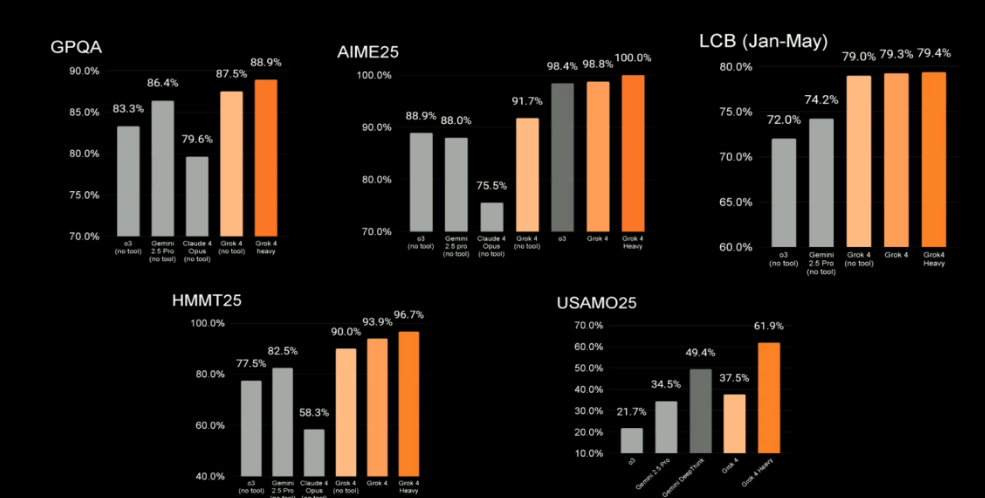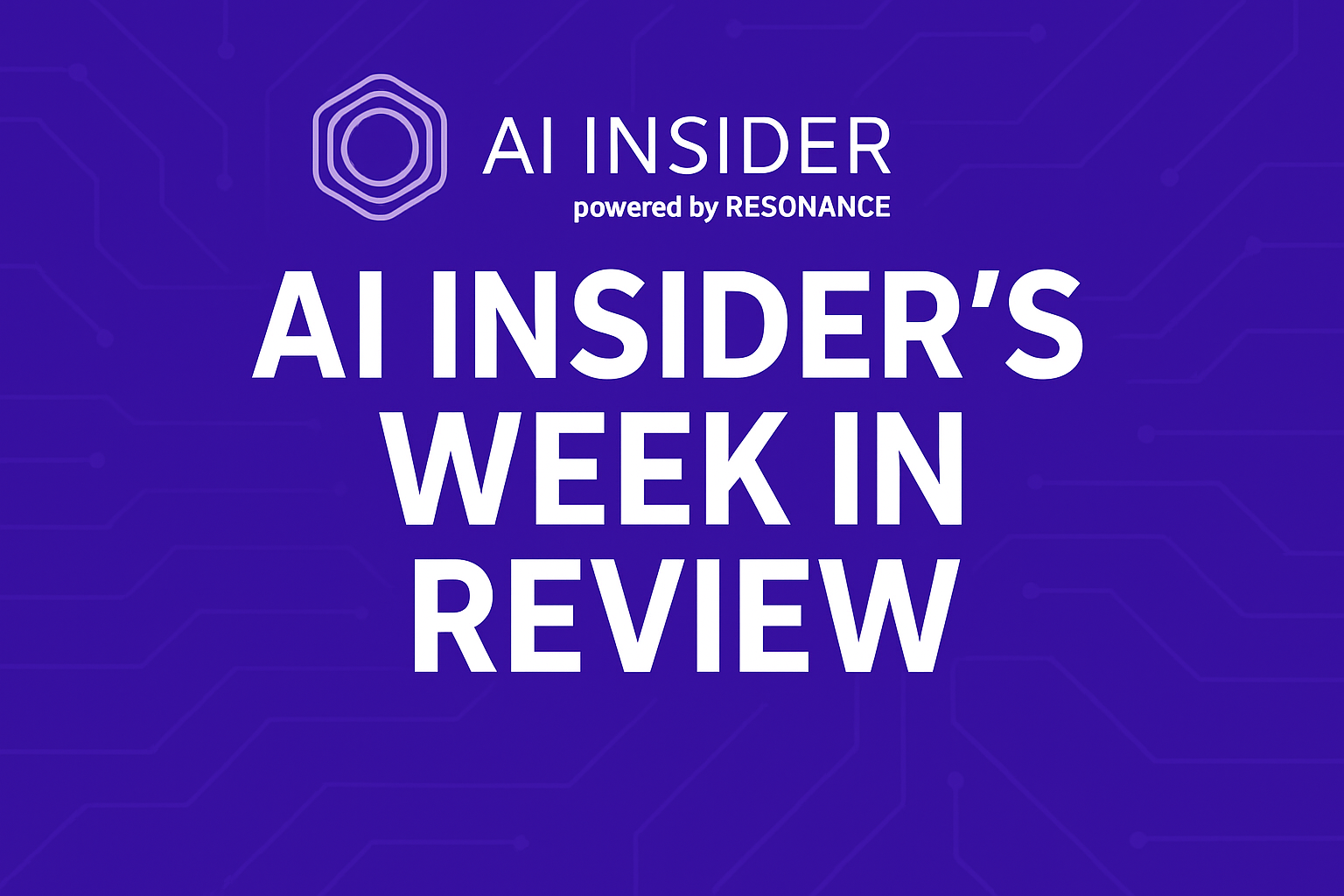Insider Brief
- Insilico Medicine, a clinical-stage generative AI-driven drug discovery company, announced positive preliminary results from its Phase IIa clinical trial.
- ISM001-055 is a novel drug designed in-house using generative AI to target TNIK (Traf2- and NCK- interacting kinase) that has progressed through Phase IIa clinical testing.
- Preliminary results from this 12-week study demonstrated that ISM001-055 possesses a favorable safety profile and dose-dependent response in lung function in patients with IPF.
- Image: Nature
PRESS RELEASE — Insilico Medicine, a clinical-stage generative AI-driven drug discovery company, announced positive preliminary results from its Phase IIa clinical trial evaluating ISM001-055. ISM001-055 is a first-in-class small molecule targeting TNIK (Traf2- and Nck-interacting kinase) and was designed utilizing generative AI to treat idiopathic pulmonary fibrosis (IPF). The study met both its primary endpoint of safety and its secondary efficacy endpoints, demonstrating dose-dependent response in forced vital capacity (FVC), a critical measure of lung function in IPF patients.
Insilico’s proprietary AI platform facilitated ISM001-055’s target identification and molecular design. Its development was recently described in a March 2024 Nature Biotechnology paper, which detailed TNIK’s identification as a novel therapeutic target in IPF and ISM001-055 subsequent design. This comprehensive paper showcased ISM001-055’s preclinical evaluation and positive Phase 0 & Phase I clinical studies justifying this intervention’s potential as a disease-modifying agent for IPF.
ISM001-055’s Phase IIa study(NCT05938920) was a randomized, double-blind, placebo-controlled trial that enrolled 71 patients with IPF across 21 sites in China. Patients were randomized to receive either placebo, 30mg once daily (QD), 30mg twice daily (BID), or 60mg QD for 12 weeks. Patient enrollment was initiated in April 2023, and the last subject’s follow-up visit was completed in August 2024. A parallel Phase IIa(NCT05975983) clinical trial in the U.S. is ongoing and actively enrolling patients.
In this 12-week Phase IIa study, ISM001-055 met its primary endpoint of safety and tolerability across all dose levels.
Positive results were also reported for the secondary efficacy endpoint, wherein a dose-dependent FVC improvement was observed. Patients receiving 60mg QD of ISM001-055 demonstrated the largest improvement in FVC.
Complete topline data will be released at the upcoming medical conference and clinical trial results will be submitted for publication in a peer-reviewed journal.
“These results are very encouraging, particularly the dose-dependent response in FVC. IPF is a devastating disease, and seeing improvements in lung function over just 12 weeks of treatment is a promising indication that ISM001-055 may provide a new therapeutic option for patients. Our Phase IIa in the U.S. is actively recruiting patients,” said Toby M. Maher, MD, PhD, a leading expert in interstitial lung disease and an investigator in the trial.
“Last year, I presented a lecture on how generative AI can help with end-to-end drug discovery from disease modeling and target identification to generation of novel drugs with the desired properties and purposing it to a specific disease. I used Insilico’s TRAF2 and NCK-interacting kinase (TNIK) inhibitor as a case study going from 0 to Phase I. The fact that this same drug demonstrated efficacy in addition to safety in a Phase IIa study is extraordinary and represents a true first in this new era of AI-powered drug discovery,” said Michael Levitt, PhD, 2013 Nobel Laureate in Chemistry.
“With all the hype that surrounds the potential of generative AI in drug discovery and many other potential applications, it is thrilling see to the dose dependence of ISM001-055 in Insilico Medicine’s phase IIa IPF clinical trial. This is strong evidence that the drug is truly effective and that favorable results will continue to be seen in future trials,” said Charles Cantor, PhD, a renowned geneticist and advisor to the company since 2014.
“This study result represents a critical milestone in AI-powered drug discovery and in my life to date,” said Alex Zhavoronkov, PhD, co-CEO of Insilico Medicine. “While we expected the drug to be safe, we did not expect to see such a clear dose-dependent efficacy signal after such a short dosing period. IPF is a very diverse disease and it is very rare to see improvement in FVC. With our novel TNIK inhibitor, we attempted to go after what we think is a common mechanism in fibrotic diseases and in aging to maximize indication expansion potential.”
“I am excited to see that ISM001-055 demonstrated obvious clinical efficacy in IPF patients in only 3-months treatment. While preliminary, this clinical data is certainly encouraging, and provides the clinical validation of AI-powered drug R&D for both novel target and novel molecule,” said Feng Ren, PhD, co-CEO and CSO of Insilico Medicine. ” This is a significant milestone for Insilico Medicine and the AI driven drug discovery Industry. The milestone is achieved due to the contribution of both the capabilities of our proprietary generative AI platform and the efforts of our multidisciplinary R&D team. We will continue to fully commit to provide breakthrough solutions for the benefit of the patients globally.”
Following the positive results from this Phase IIa trial, Insilico Medicine will engage regulatory authorities to discuss the design of a Phase IIb study. The company aims to explore extended treatment durations and larger patient cohorts to further investigate ISM001-055’s therapeutic potential in IPF.






